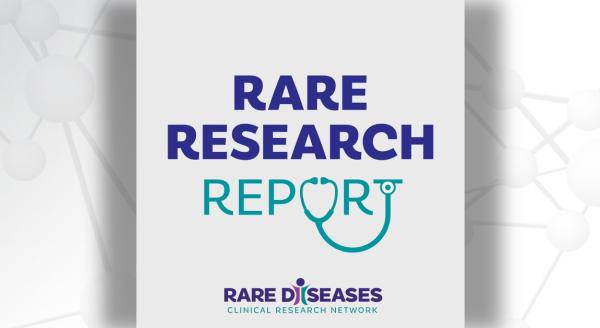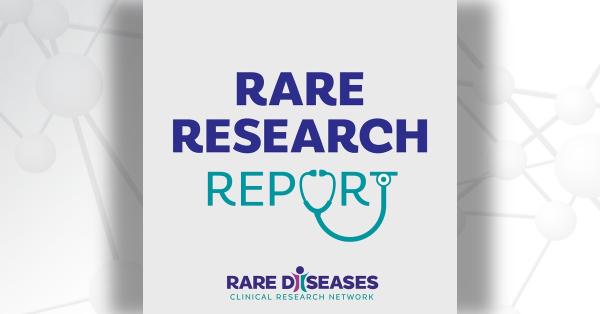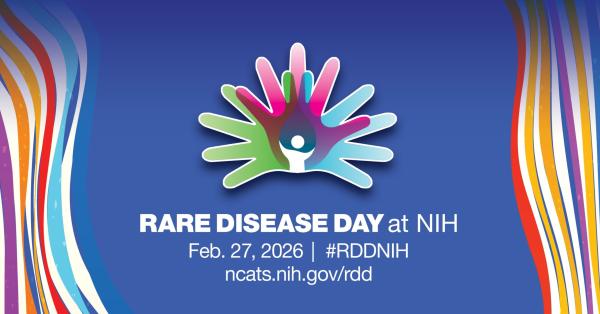Erica Barnes, MS, CCC-SLP, is the co-founder of Chloe’s Fight Rare Disease Foundation (CFRDF), a patient advocacy group that supports research to find and implement effective cures and treatments for rare childhood genetic diseases. She also serves as a board member of Cure MLD, state ambassador of the Minnesota RareAction Network, and advocacy committee chair of the Global Leukodystrophy Initiative Clinical Trials Network (GLIA-CTN). Here, she shares her journey to rare disease advocacy, impactful work by CFRDF, and collaboration with GLIA-CTN.
How did you get involved in advocacy work for rare diseases?
I always say that I came into advocacy “kicking and screaming.” After the death of my daughter Chloe in 2010 from a rare neurodegenerative disease called metachromatic leukodystrophy (MLD), I wanted to do something to contribute to finding a cure. However, I had no idea how many gaps in both research and clinical care there were for all rare diseases—and so many of these gaps would require advocacy for better policy.
Can you tell us more about Chloe’s Fight Rare Disease Foundation?
Chloe’s Fight Rare Disease Foundation exists to increase awareness for all patients living with rare diseases, both at the public level and within health systems, as well as support research to ultimately cure MLD. We are a small, all-volunteer organization that is supported by people who know that every child deserves the chance to fight.
How is Chloe’s Fight Rare Disease Foundation engaged with GLIA-CTN?
GLIA-CTN has been an amazing resource and support for Chloe’s Fight. Many times, we patient advocacy groups (PAGs) “don’t know what we don’t know” because so many of us are parents or patients who are doing the work due to an unexpected diagnosis. Having the opportunity to engage with world-renowned specialists and researchers has been incredibly valuable.
We can also make bi-directional contributions—it was so meaningful to be able to contribute Chloe’s data to a natural history study despite the fact that she had passed away from one direction and be able to receive feedback on my community’s clinical trial readiness status from the other direction!
In addition, the opportunity to engage with other PAGs in the leukodystrophy community has allowed us to learn from more mature PAGs and avoid replication of work.
How do you support research?
Chloe’s Fight has an ongoing relationship with Dr. Paul Orchard at the University of Minnesota. In addition to making a yearly financial contribution to his research, we have been honored to promote the goal of a National Organization for Rare Disorders (NORD) Rare Disease Center of Excellence at the university. M Health became one of two institutions to receive the certification of a “Rare Disease Center of Excellence” from NORD this year.
What are your future goals?
Many times, I feel that advocates think of FDA approvals or legislation passed as the “end goal”—and I have certainly done this. But I think an important aspect of policymaking and advocacy is ensuring that those policies and/or approvals are operationalized and not ignored. My goal in the future is to ensure that, as we see this stunning progress in increased drug approvals, everyone who needs them will have access to them.
It has been a privilege to observe and (hopefully) be a small part of seeing a paradigm shift in society away from dismissing rare patient populations—because they are conceived of only in a silo—to viewing the rare disease community as a subset of the healthcare population with a set of common challenges that need to be addressed. I hope this continues to be the case!
The Global Leukodystrophy Initiative Clinical Trials Network (GLIA-CTN) is part of the Rare Diseases Clinical Research Network (RDCRN), which is funded by the National Institutes of Health (NIH) and led by the National Center for Advancing Translational Sciences (NCATS) through its Division of Rare Diseases Research Innovation (DRDRI). GLIA-CTN is funded under grant number U54NS115052 as a collaboration between NCATS and the National Institute of Neurological Disorders and Stroke (NINDS).

